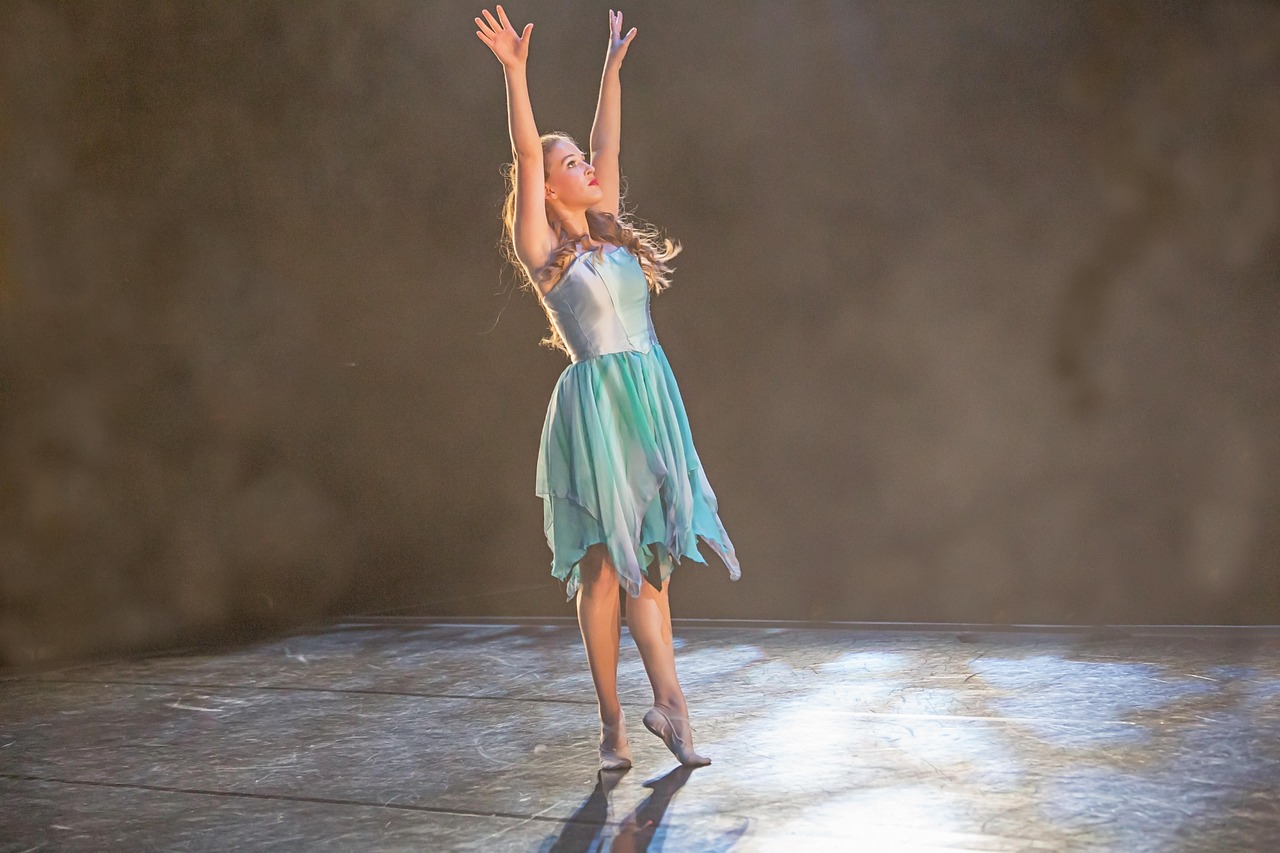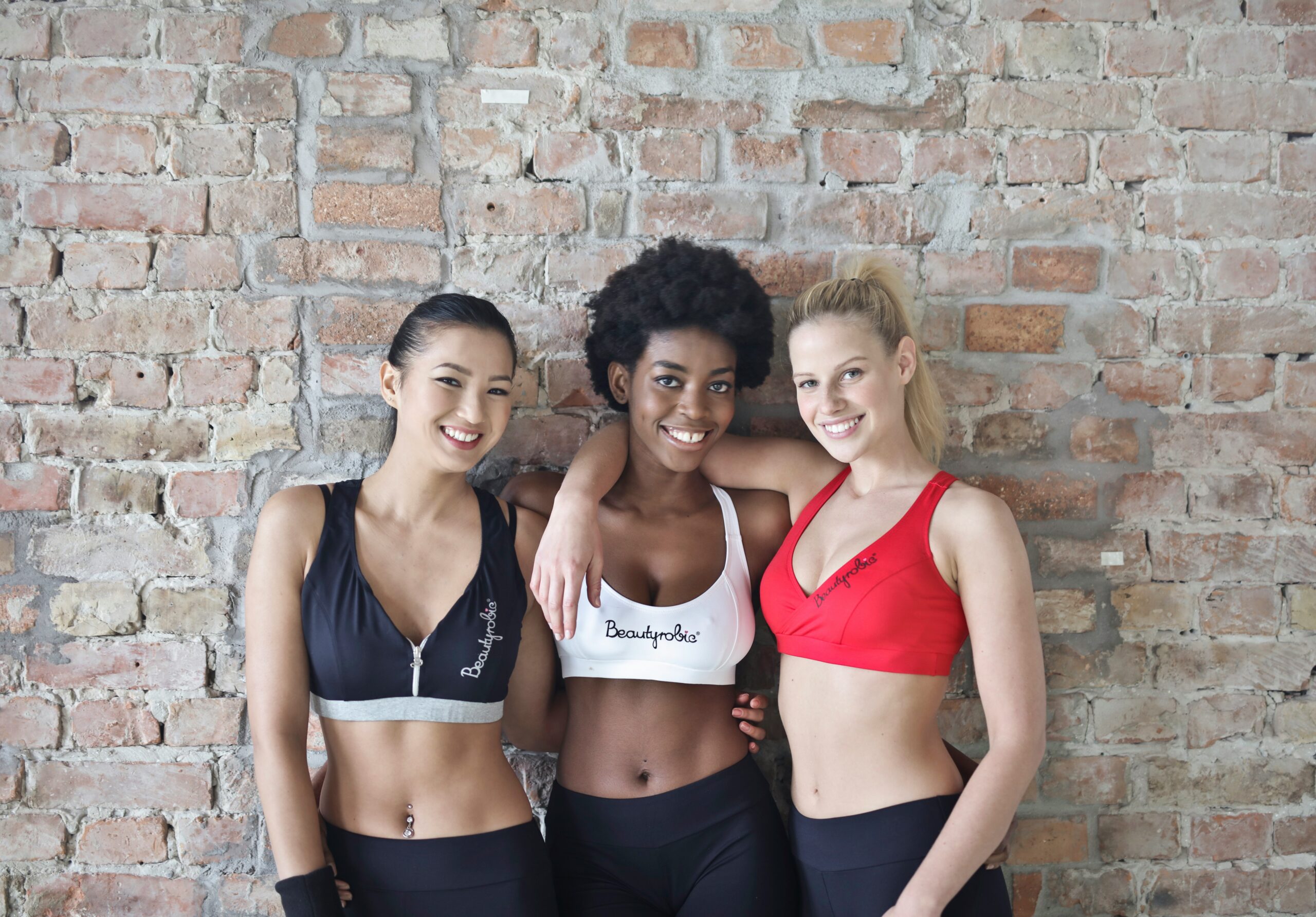Should I Take Private Lessons for Color Guard? Weighing the Pros and Cons
Color guard is a captivating art form that seamlessly blends dance, acrobatics, and equipment manipulation to engage and enthrall audiences. Whether you’re a novice eager to dive into this exciting world or a seasoned performer aiming to refine your skills, considering private lessons is an important step. While personalized coaching can significantly enhance your performance, it’s essential to understand both its advantages and potential drawbacks. Here’s a comprehensive analysis of the pros and cons of taking private lessons in color guard, empowering you to make the best choice for your development and feel confident in your decision.
Pros of Taking Private Lessons for Color Guard
1. Personalized Attention and Customized Training
One benefit of private lessons is the opportunity for targeted and personalized guidance. During a typical group practice, a coach must juggle the needs of many, which can sometimes overlook your specific challenges or aspirations. By engaging in one-on-one sessions, you benefit from a dedicated instructor who can tailor drills and feedback to address your unique strengths and weaknesses. This individualized focus can result in significant advancements in crucial areas—such as flag handling, rifle spins, and dance techniques—accelerating your overall competency in color guard.
2. Accelerated Learning and Skill Acquisition
Private coaching dramatically accelerates the learning curve. In a personalized setting, the instructor can quickly assess what aspects of your performance are flourishing and which require extra attention. Consequently, private lessons allow you to concentrate your practice time on essential areas, fostering a faster progression in your skills. If you are eager to elevate your color guard abilities in a shorter timeframe, private lessons can be a powerful catalyst for growth.
3. Increased Confidence
Participating in private lessons fosters a nurturing environment where you can experiment without fear of judgment. This supportive atmosphere encourages you to ask questions, tackle difficulties, and absorb constructive criticism. As you master techniques and gain direct feedback from your instructor, your confidence naturally blossoms. This newfound self-assurance bolsters your practice and enhances your performance in group settings and competitions, ultimately leading to a more polished and captivating presence on the field. You’ll feel supported and encouraged every step of the way.
4. Flexible Scheduling
Another significant advantage of private lessons is scheduling flexibility. In contrast to fixed team practice times, private lessons can be organized around your availability. This is particularly beneficial for students juggling multiple commitments or those with busy academic lives. The ability to choose your practice sessions means maintaining a balanced lifestyle while still dedicating time to honing your color guard skills.
Cons of Taking Private Lessons for Color Guard
1. Cost
The most notable drawback of private lessons is the financial investment required. Individual coaching typically incurs higher costs than participating in team practices, primarily due to the instructor’s exclusive attention. Prices vary widely based on the instructor’s qualifications, geographical location, and session duration. For some, this financial commitment may be a significant factor, making private lessons impractical.
2. Potential Isolation from Team Dynamics
While private lessons can significantly bolster individual skills, they might inadvertently cause a disconnection from your team. Color Guard fundamentally thrives on teamwork, and many successful performances hinge on the collective synergy and timing of the group. Taking frequent private lessons could lead to missing essential team practices, resulting in diminished camaraderie and an incomplete understanding of the group choreography and dynamics.
3. Dependency on the Coach
There exists a potential risk of developing a reliance on your private coach for validation and feedback. This dependency can become problematic when you find yourself performing without their immediate guidance or under the direction of a different instructor. For effective growth in color guard, it’s crucial to cultivate self-assessment skills and the ability to adapt independently—traits often best developed in a collaborative environment.
4. Diminished Self-Motivation
Some students may find their intrinsic motivation waning due to the intense structure of private lessons. When most of your learning is directed by a coach, you may feel less inclined to practice on your own, missing out on vital opportunities for development. This reliance on structured guidance can impede your overall growth as a performer and a team member.
Conclusion
Weighing the decision to take private lessons for color guard requires careful consideration of both the potential gains and the challenges. Suppose you can manage the financial commitment and seek rapid improvement in specific areas through personalized feedback. In that case, private coaching is a valuable investment in your color guard journey. However, balancing individual lessons and regular team practices is crucial for maintaining essential team connections and ensuring a well-rounded development. This balance will reassure you that you can improve individually without sacrificing your team connections. Ultimately, the decision should align with your personal goals, commitment level, and the specific needs of your color guard ensemble. Make your choice wisely, and embrace the journey ahead!



